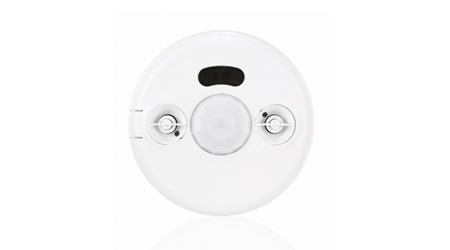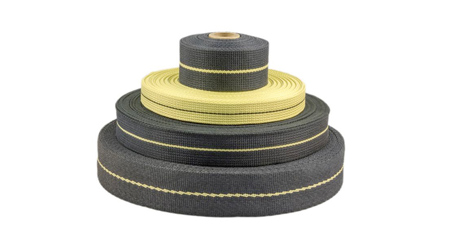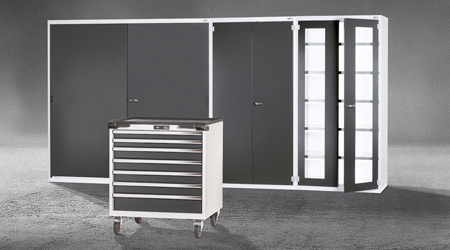« Back to Facilities Management News Home
« Energy Efficiency
New State Energy Code Effective Mar. 1
Illinois has a new energy code, which means key changes are coming to those working in the lighting and electrical industry in the state. Effective March 1, 2019, the 2018 International Energy Conservation Code (IECC) becomes state law across Illinois.
Another change with the adoption is that state funded buildings now follow the 2018 IECC with ASHRAE/IESNA 90.1 as an alternative compliance path for a building owner and design team. Any building plans submitted on or after the effective date are expected to follow the new energy code requirements.
The updated code will increase energy efficiency and lower energy operating costs for commercial buildings. Harold Jepsen, Vice President of Standards and Industry, Building Control Systems at Legrand, has outlined important lighting control changes in the upcoming code as well as recommended solutions that meet these requirements.
Lighting Control Provisions Changes
- All occupancy sensor shut off time delay is lowered to 20 minutes.
- Open plan office areas are now required to use occupancy sensor controls for lighting shut off. Additionally, open plan office areas greater than 300 square feet must limit the size of the occupancy sensor-controlled area to separate 600 square feet zones. General lighting in the individual zones must reduce power by at least 80 percent when occupants are not detected for 20 minutes. When all individual lighting zones within the open plan office area no longer detect any occupants, the entire office area must shut off all lighting.
- A new code provision allows the use of Luminaire Level Lighting Control (LLLC) technologies as an alternate lighting control compliance option, as long as the luminaires have embedded occupancy sensors, daylight sensing controls, dimming, and wireless zoning capabilities.
- An exception was added that allows a trade-off for daylighting controls. The exception requires an overall reduction of total building lighting power allowance equal to 40 percent of the allowed power for any daylight responsive zones receiving the exception.
- Interior and exterior lighting power tables are revised to reduce the lighting power allowance for many applications. This supports the shift to more energy efficient lighting sources. Office building lighting power allowance is .79W/ft2, educational facility allowance is now .81W/ft2, and warehouse allowance is now .48W/ft2.
Additional Code Changes
Illinois made one amendment to the 2018 IECC in the Electrical Power and Lighting Systems section (C405.1). The amendment establishes light efficacy requirements for dwelling units that do not follow the residential code. In these cases, no less than 90 percent of the light in these dwelling units shall have lamps with efficacy of 65 lumens/Watt or more or light fixtures with efficacy of 55 lumens/Watt or more.
Solutions
Legrand is prepared to assist with the new code by offering compliant products and solutions, including Wattstopper Digital Lighting Management (DLM) system products:
- In open plan office areas, products like the LMDC-100 low profile Dual Technology Ceiling Mount Occupancy Sensor are ideal where using just one detection technology could result in false triggers.
- A wide range of Wattstopper occupancy sensors - including the LMPC-100 low profile Digital PIR Ceiling Mount Occupancy Sensor (with room controller) - automatically turns lighting on and off based on occupancy. In addition, the NEW DCLV2 0-10V Decorator Dimmer, which controls and dims low voltage lighting loads, can be set for Manual-On or Partial-On to meet code.
- Automatic daylight-responsive controls like the Wattstopper LMLS-500 photosensors automatically switch or dim lighting based on ambient light and/or daylight levels.
More From 2/26/2019 on FacilitiesNet












